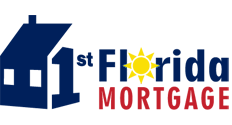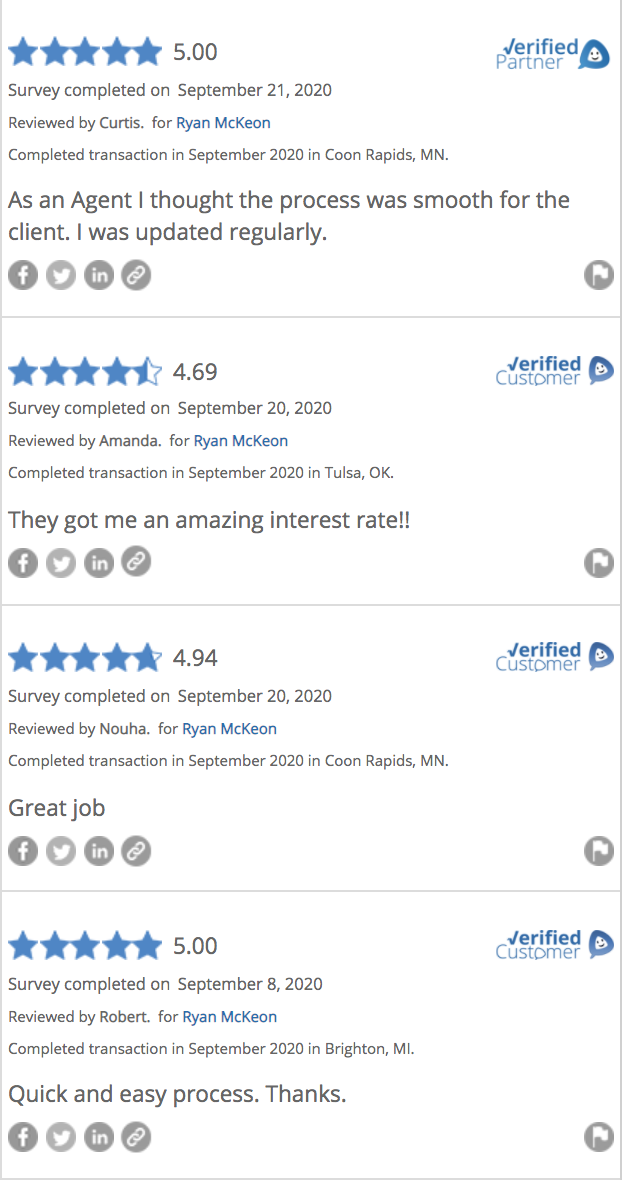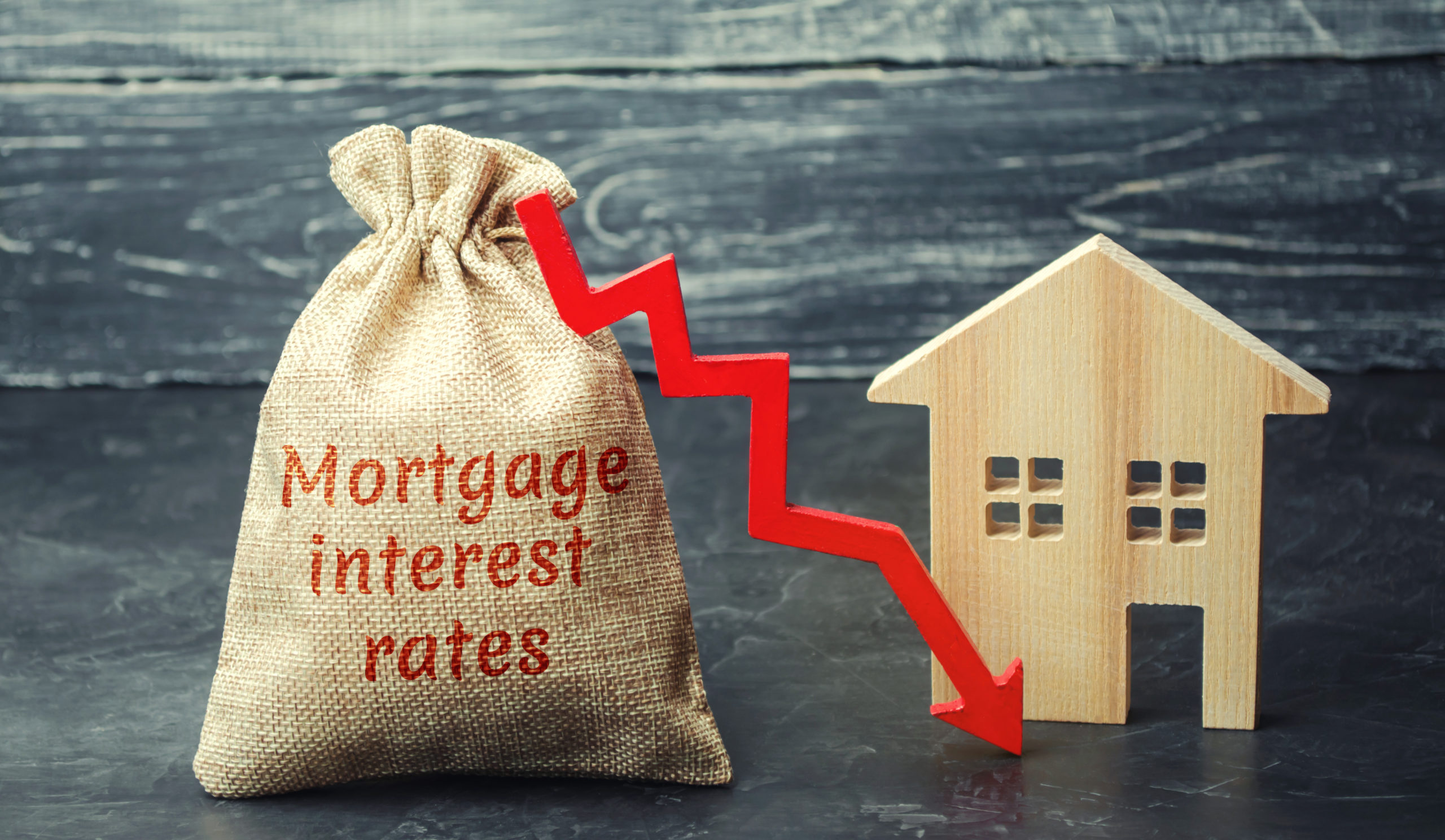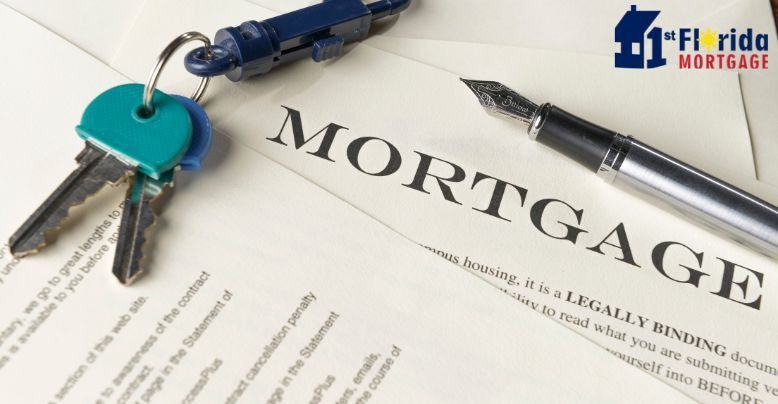What’s better, renting or buying? There’s no universally correct answer to this question, but one option may be a much better choice for you. For some, homeownership was a no-brainer. Here are the top reasons to think about when buying a home, and how to determine whether or not you may be ready to buy yours.
Freedom to customize
When you purchase a home, you’ll be able to make it yours. When you rent, it can be extremely difficult, if not impossible, to customize or make improvements. Many landlords won’t even let you mount art, much less paint the walls.
On the other hand, if you own your home, the sky is the limit when it comes to customization. Want to build a fence so your dog can run around? Go for it. Is your dishwasher outdated, leaky, or ineffective? If you own, you don’t have to wait for your landlord to replace it, and you can pick the new one yourself.
Costs start to add up
Once you move in, costs can add up. You can anticipate painting and new furniture—so be sure to put aside some money for it. Yes, you just bought the home and you’re enjoying that excitement, but you also need to keep in mind there are other costs besides just the mortgage. Here’s a look at an example of some of the expenses you may have to pay for when you move in.
- $1,000 – painter
- $500 – dining table
- $350 – dining table chairs
- $2,600 – couch
- $1,500 – new blinds
- $300 – side table
- $100 – new light bulbs
- $500 – miscellaneous kitchen / bathroom stuff
- $200 – supplies for minor repairs
- $100 – cleaning supplies
What you can’t prepare for
Once you’re moved in, it’s possible you’ll notice a few small things that annoy you or needed repairs. Like the standup shower might be leaking, you want to switch to LED lightbulbs, or a door handle only opens when turned upwards.
The shower probably just needs some new caulking. If you’ve never done anything like this, you might be a bit intimidated by that kind of repair job. But re-caulking is a simple job and easy to do on your own. With the door handle it may not be working properly. Installing a new one is pretty painless.
The light bulbs are obviously a personal preference, but you can see how all these small tasks can add up and become pretty time consuming. It required multiple trips to various stores, and if you’ve never done it before you have to research and do the repairs on your own.
We aren’t going anywhere anytime soon
In order for home ownership to make sense, you’ll probably need to stay put for at least a few years. While you don’t pay any real estate commissions when you buy a home, you’ll probably pay around 6% when you sell.
So, if you pay $250,000 for a house, you’ll need to sell it for almost $266,000 just to break even. Since real estate prices have historically risen by about 3.5% per year, you should be able to break even after about two years. However, since the housing market is somewhat unpredictable, plan on staying put at least 3 – 5 years. Otherwise, you’re probably better off renting.
A great time to buy your “forever” house
Thirty to thirty-five years ago, a mortgage had an interest rate of 18%. Even if you had good credit, rates approaching 20% were common in the early 1980s.
We’ve all heard how low mortgage rates are, but this really puts it into perspective. Today’s 30-year fixed-rate mortgage rates are about 3.5%, and they are unlikely to get much lower. This means that you can finance a $200,000 home with 20% down for a monthly principal and interest payment of $718. At 18% interest, that payment would more than triple to $2,411.
18% mortgage rates aren’t going to make a comeback anytime soon, but 3.5% rates won’t stick around forever either. So even though you may not need all of the space in our house just yet, if you’re a growing family, lock in a cheap rate and buy your forever house.
Other financial considerations
Even if buying a home costs as much or more each month than renting, there are other financial considerations to take into account. Obviously, owning your home allows you to build equity over time—if you get a $200,000, 30-year mortgage at 4% interest, your monthly principal and interest payment will be about $955.
However, keep in mind that $288 of your first mortgage payment will go toward paying down the principal—effectively putting money back in your pocket. Furthermore, because of the way loan amortization works, the amount of principal being paid off each month will increase over time.
In addition, there are numerous tax benefits to owning your home. If you itemize deductions, you can write off your mortgage interest and property taxes each year, as well as any mortgage insurance you pay if your income is under a certain limit. The bottom line is that even if it’s more expensive to buy, it could still make good financial sense over the long run.
It’s not for everyone
Admittedly, there are some good reasons for renting. We’ve already mentioned that if you don’t plan on staying in the same place for more than a few years, you’re probably better off waiting to buy until your situation becomes more permanent. Or, if you don’t want to worry about the uncertain expense of home maintenance, renting can be the better option.
The point is that some people are better off renting, while others can benefit greatly from homeownership. You have to do your research and decide which option is the best for you and your goals for the future.





